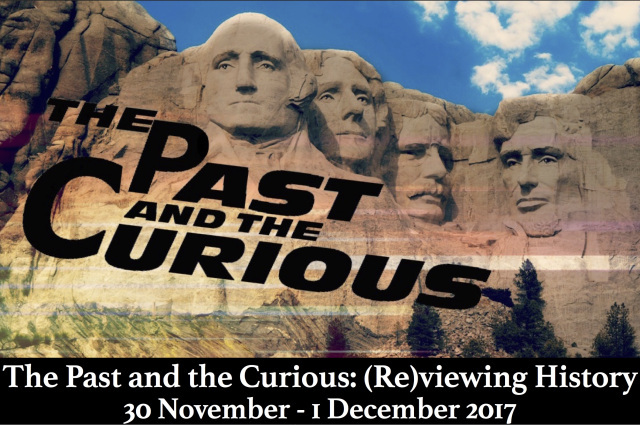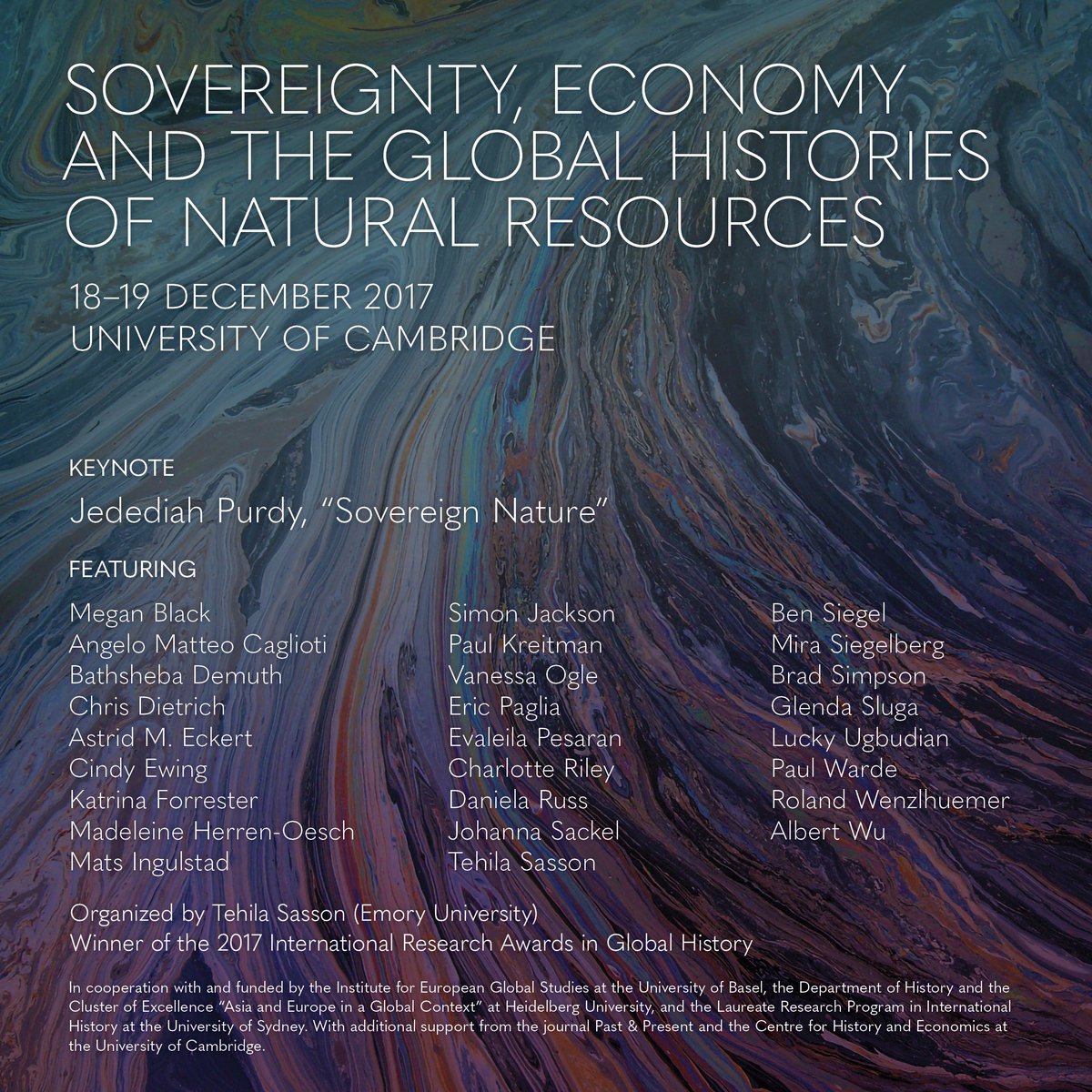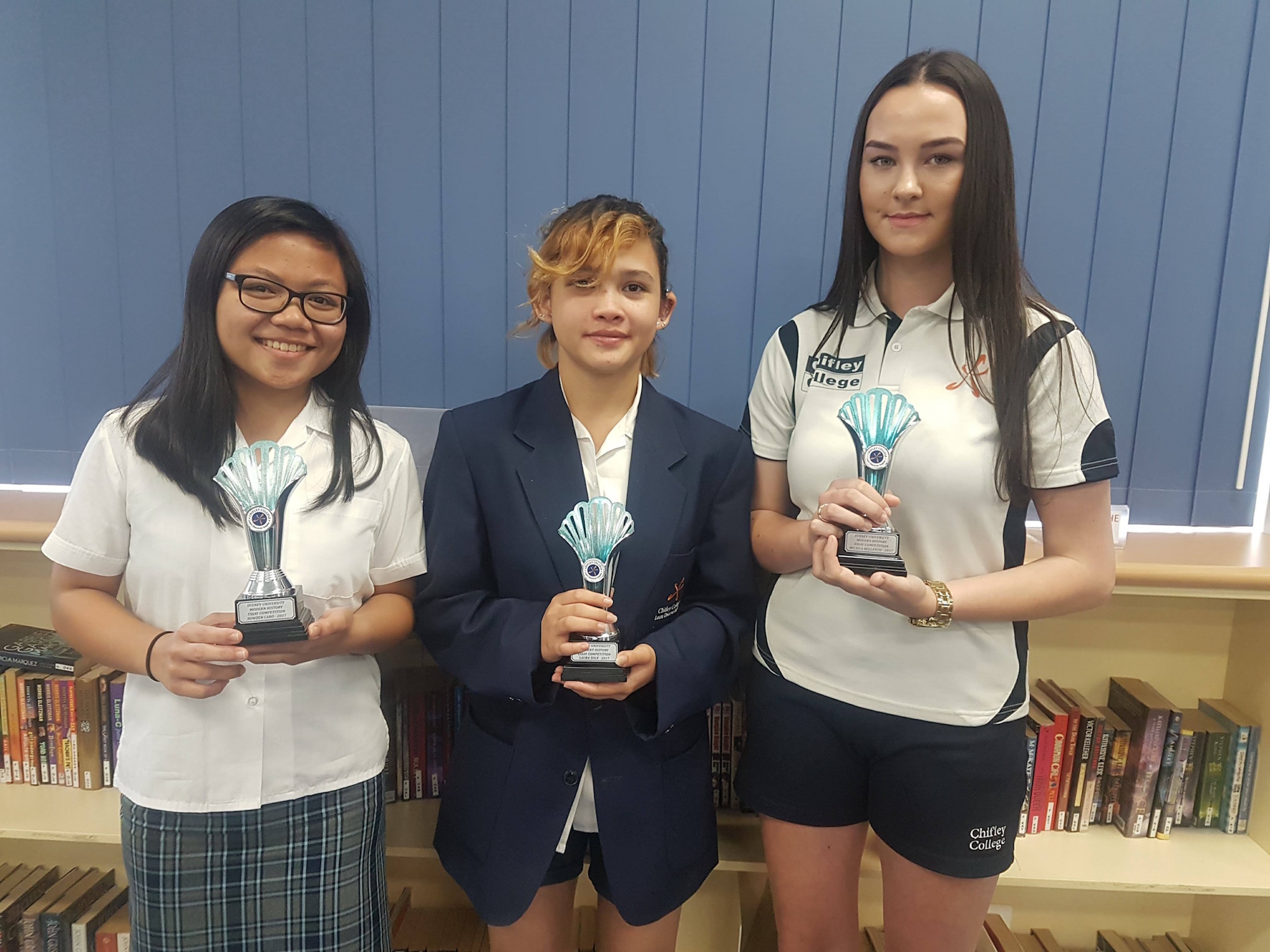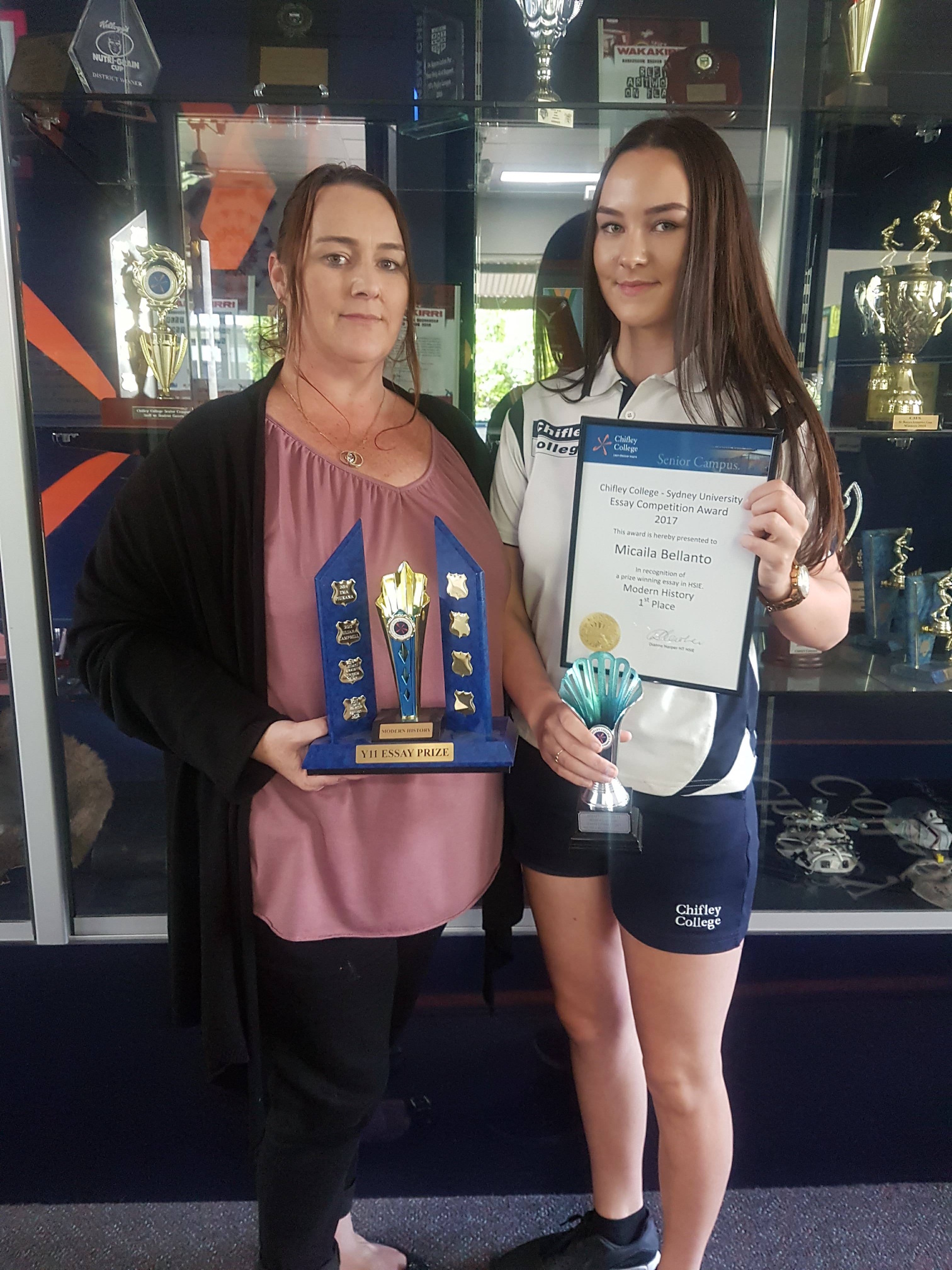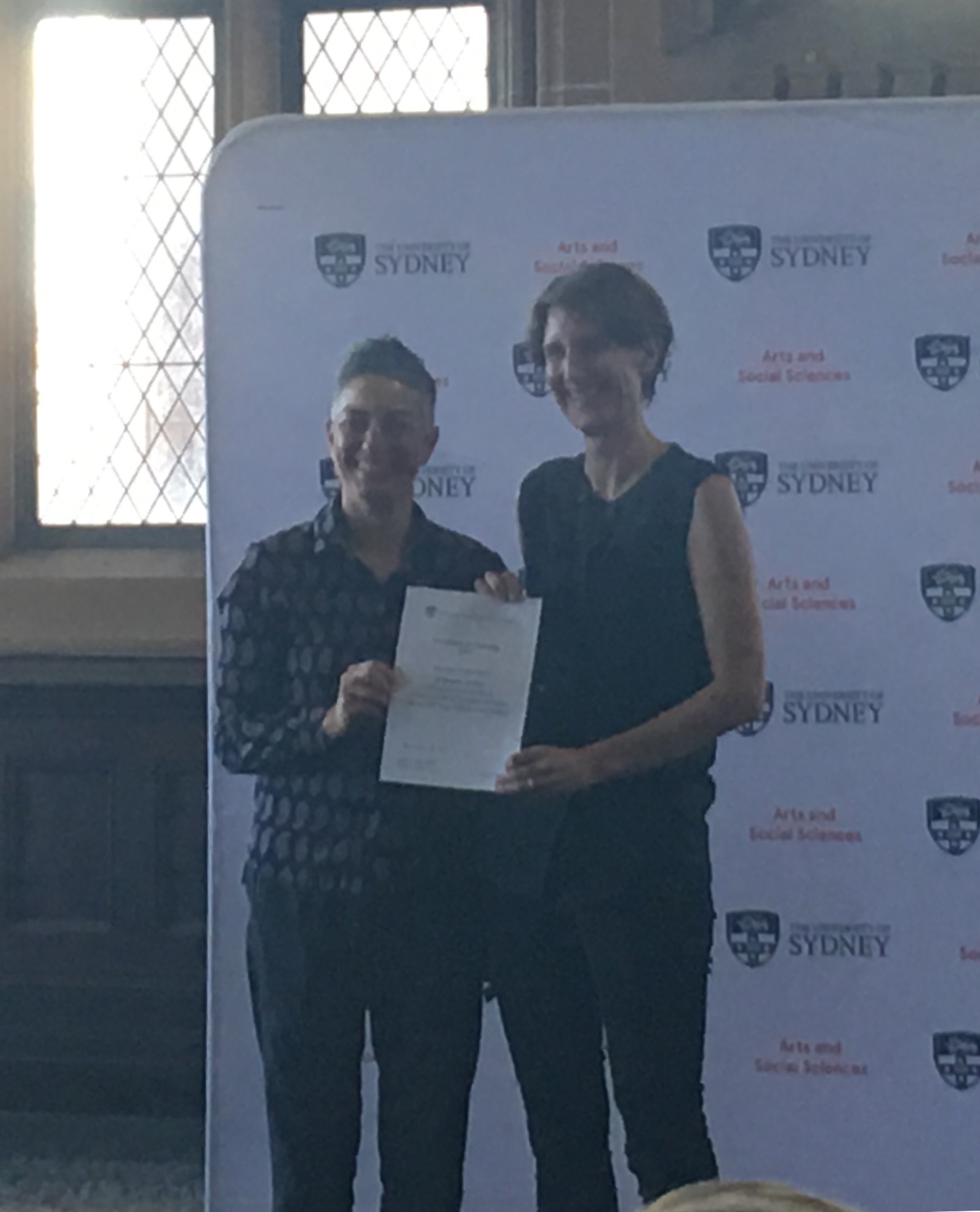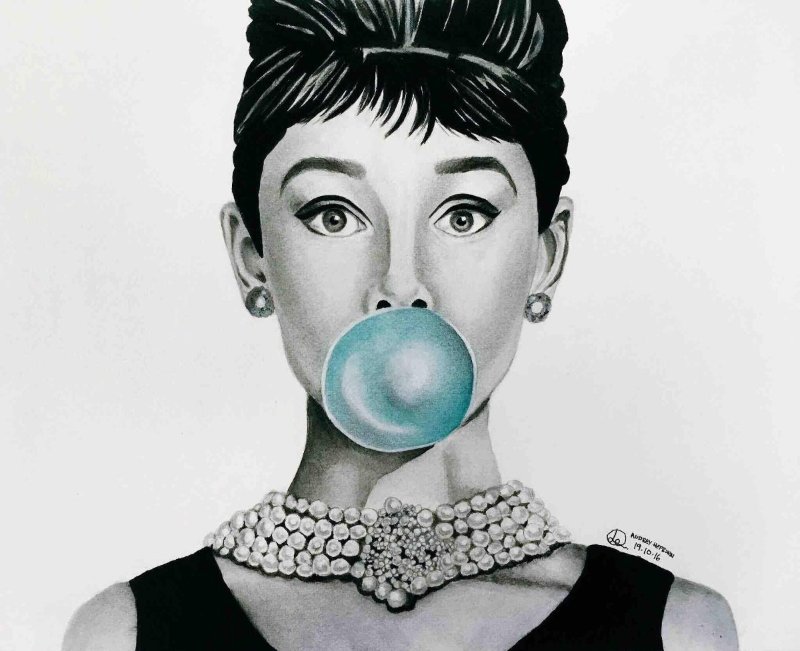Monarchies, Decolonisation and Royal Legacies in the Asia-Pacific
Department of History, The University of Sydney,
6-7 December 2017
Organised by Robert Aldrich and Cindy McCreery
Wednesday, 6 December 2017
9.30-10.00 Welcome and Introduction
10.00-11.30 Keynote address
Harshan Kumarasingham (University of Edinburgh), ‘Monsoon Monarchy: The Mercurial Fortunes of the Crown in South Asia since 1947’
11.30-12.00 Morning coffee
12.00-1.00 India and Japan
Jim Masselos (University of Sydney), ‘Decolonised Rulers: Rajas, Maharajas and Others in Postcolonial Times’
Elise Tipton (University of Sydney), ‘From Absolute Monarchy to “Symbol Emperor”: The Transformation of the Japanese Imperial Institution after 1945’
1.00-2.00 Lunch
2.00-3.30 The Dutch East Indies / Indonesia I
Adrian Vickers (University of Sydney), ‘Royal and Other Portraits of Nineteenth-Century Indonesian Rulers in Transition’
Robert Cribb (Australian National University), ‘Faltering Decolonisation: The 1929 Ontvoogding (Detutelisation) of the Aristocracies in the Netherlands Indies’
Jean Gelman Taylor (University of New South Wales), ‘Sultans and the State: Power and Pretence in the Dutch Colony and the Republic of Indonesia’
3.30-4.00 Afternoon tea
4.00-5.00 The Dutch East Indies / Indonesia II
Bayu Dardias (Gadjah Mada University / Australian National University), ‘Surviving Monarchy in Indonesia through the Formation of a Special Region: Yogyakarta, 1940-1950’
Susie Protschky (Monash University), ‘In Disputed Territory: The Dutch Monarchy during the Indonesian National Revolution and in Dutch New Guinea (1945–62)’
5.15 Reception hosted by the Department of History
Day 2, Thursday, 7 December 2107
10.00-11.30 Special Guest Presentation
Milton Osborne (Sydney), ‘The Paradox of Cambodian Royalty, from Norodom (1836-1904) to Sihanouk (1922-2012)’
11.30-12.00 Morning coffee
12.00-1.00 South Pacific Monarchies
Matt Fitzpatrick (Flinders University), ‘The Samoan Monarchy and the Last Years of the German Pacific’
Robert Aldrich and Cindy McCreery (University of Sydney), ‘Colonialism and Monarchy in Oceania’
1.00-2.00 Lunch
2.00-3.00 Australia
Bruce Baskerville (University of Sydney), ‘New South Wales’ Vice-Royal Landscapes: Legacies Hidden in Plain Sight’
Mark McKenna (University of Sydney), ‘Indigenous Australians and the British Crown, 1954-2017’
3.00-3.30 Afternoon Tea
3.30-5.00 Roundtable Discussion
With participation by paper-givers and Miranda Johnson, Sophie Loy-Wilson, Lily Rahim and Andrés Rodriguez (University of Sydney), and Maria Nugent (Australian National University).
7.00 Conference Dinner
*
This is the third in a series of conferences on the history of colonialism and modern monarchies sponsored by the Department of History.
The organisers would like to thank Prof. Chris Hilliard, Chair, Department of History and Dr Miranda Johnson and the Pacific Studies Network for their kind support.
For further information, please contact
Robert.aldrich@sydney.edu.au or
cindy.mccreery@sydney.edu.au

